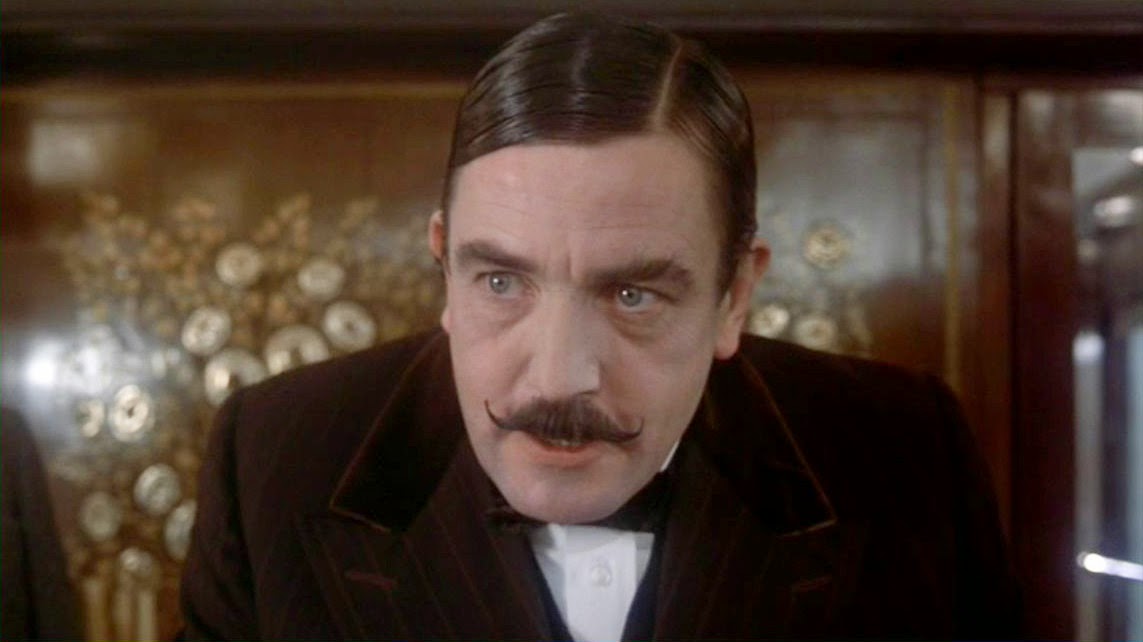
Agatha Christie is the best-selling fiction author of all time, and anyone who has spent a few hours behind the pages of one of her books understands why: her capacity for surprising the reader, for turning narrative expectation on its head, is nearly unsurpassed. As her biographer Laura Thompson put it, Christie is “a monolith, a phenomenon”; her legacy looms large over every single mystery writer in the world today and even beyond. Serious literary criticism has contented with her as well, and some of her most celebrated work has been lauded in “Best Books of the Century” lists from respected vehicles.
No wonder she is, to this day, so immensely popular and addictive. To those looking to get a little quick fix of Christie in their lives, there have been many good adaptations of her novels on the big screen, as this list will show (to be clear: only cinema releases were considered, so all made-for-TV movies are not included).
10. The Mirror Crack’d (1980)
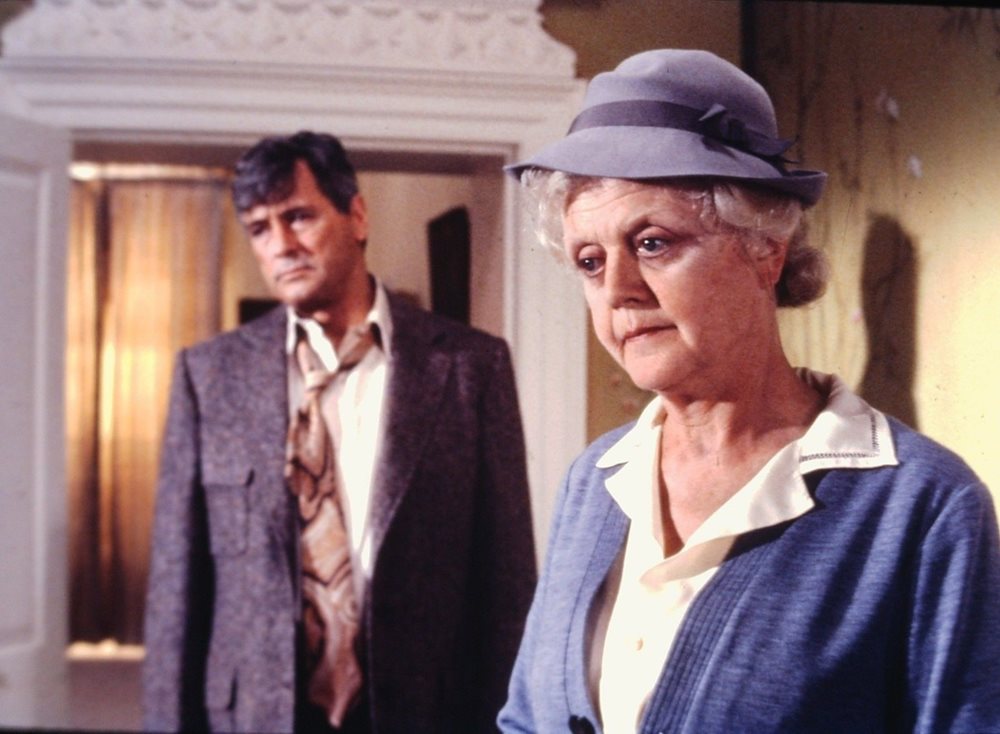
Any devoted Agatha Christie fan knows that Miss Marple is just as much of an iconic figure as Hercule Poirot, not only in Christie’s own oeuvre, but in the whole canon of crime fiction as well. However, the elderly lady, though just as brilliant as her Belgian counterpart, has not enjoyed the same success with cinematic adaptation as him: Marple movies are usually very modest, compared to the big-budget attention Poirot frequently gets (on television, at least, they are on par).
“The Mirror Crack’d” is the only movie starring the character to feature a lot of the same trademarks afforded to the best Poirot films, mainly the illustrious cast stacked with huge stars: Rock Hudson, Tony Curtis, Kim Novak and Elizabeth Taylor are all having immense fun stretching the script’s admittedly thin characterization; especially the last two, who find the humor in playing egocentric rival Hollywood actresses.
But entertaining as they are, it’s truly Angela Lansbury who carries the movie. By the far the most faithful to the books, her Marple is a woman whose often sincere warmth and care for her neighbours conceals an avid appetite for murder and an exceptionally keen mind to solving them. The movie, on the whole, is a fairly faithful adaptation of one of Christie’s lesser novels, but it’s still worth watching thanks to a few interesting touches (like the extremely clever first scene, which I won’t spoil here) and Lansbury’s wonderful performance.
9. Crooked House (2017)
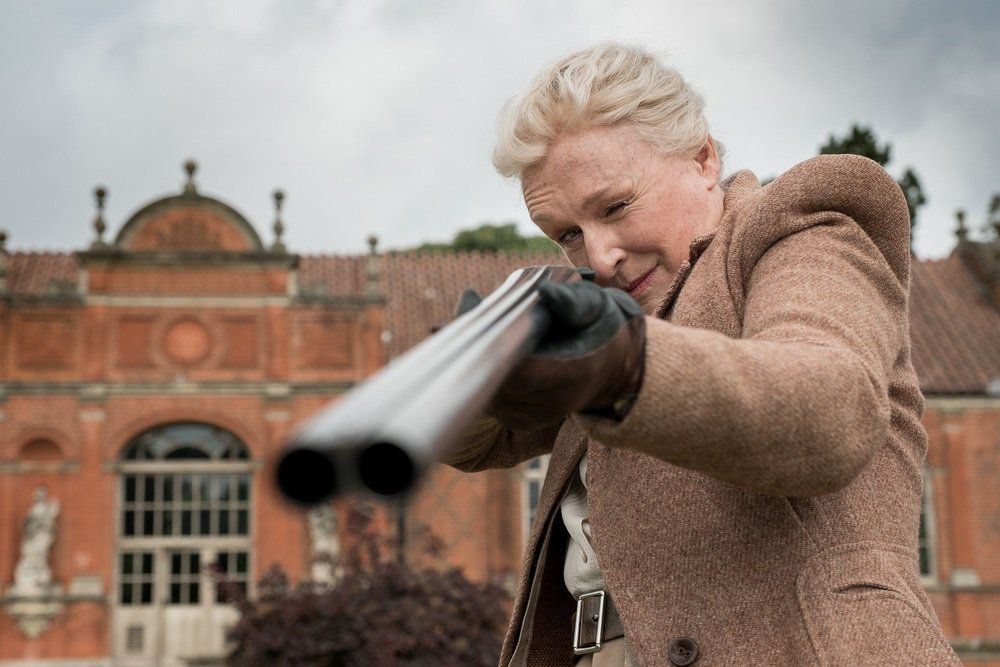
Due, perhaps, to the immense popularity of her regular detectives, Christie’s standalone books rarely get a lot of cinematic treatment, which is a shame, because some of her best work is outside of both the Marple and Poirot series.
“Crooked House,” one of her greatest novels, is an exception. Brought to the big screen the same year as Kenneth Brannagh’s considerably more lavish production of another Christie classic, “Murder On The Orient Express,” this movie didn’t really get its proper moment in the sun. But, while less ambitious in scope, this is the better adaptation; the spirit of the Agatha Christie whodunnit, in all its witty, funny, often silly but always engaging glory, is preserved here, thanks to a screenplay that understands the ingredients that make these stories interesting (it was co-written by “Downton Abbey” creator Julian Fellowes, himself no stranger to the genre, having written “Gosford Park”).
Therefore, this movie is filled to the brim with familial intrigue, money disputes, dim-witted upper-class characters and, of course, multiple suspects of a grisly murder. Featuring a stellar cast, as is usually the case with Christie adaptations (with a particularly excellent turn by Glenn Close), “Crooked House” retains a lot of the novel’s pleasures, including the final, shiver-inducing twist.
8. And Then There Were None (1945)
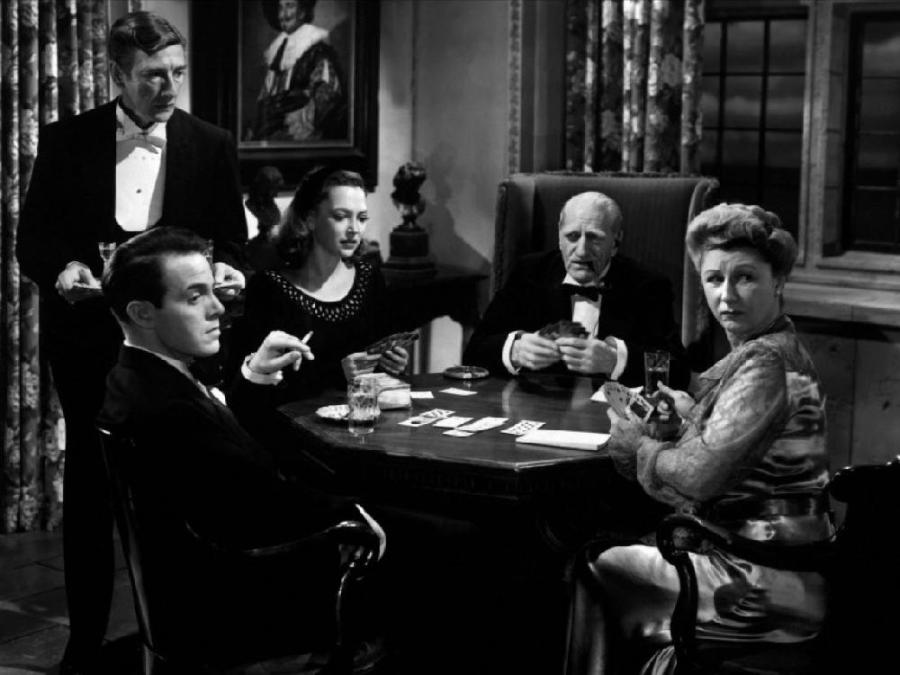
The first and best adaptation of Agatha Christie’s most enduringly popular work, the 1945 version of “And Then There Were None,” directed by Rene Clair, succeeds mainly by maintaining the novel’s plot and structure intact (including who the final culprit is), and letting the ingenuity of the story do the heavy lifting.
Clair made a few interesting and, one could argue, important movies, especially in his French phase, but he was never a truly great filmmaker, mostly content with being an efficient one. This movie has the quality of a very good journeyman behind the camera; there is a never a camera placement or an editing choice that would elevate the suspense to its maximum, as people like Hitchcock and Henri-Georges Clouzot would do, but there is still a lot of purposeful craft to every scene, like good blocking (something essential in a movie set in a single place, like this one, to make it visually dynamic and to establish the spatial relation) and the use of contrast in lighting.
I don’t think any adaptation of “And Then There Were None” has ever quite managed to capture the propulsive nature of the novel (there’s a reason this is the best-selling mystery book of all time; it’s one of the most enthralling pieces of fiction of the 20th century), but this is the one that comes the closest.
7/6. Murder She Said (1961)/Murder at the Gallop (1963)
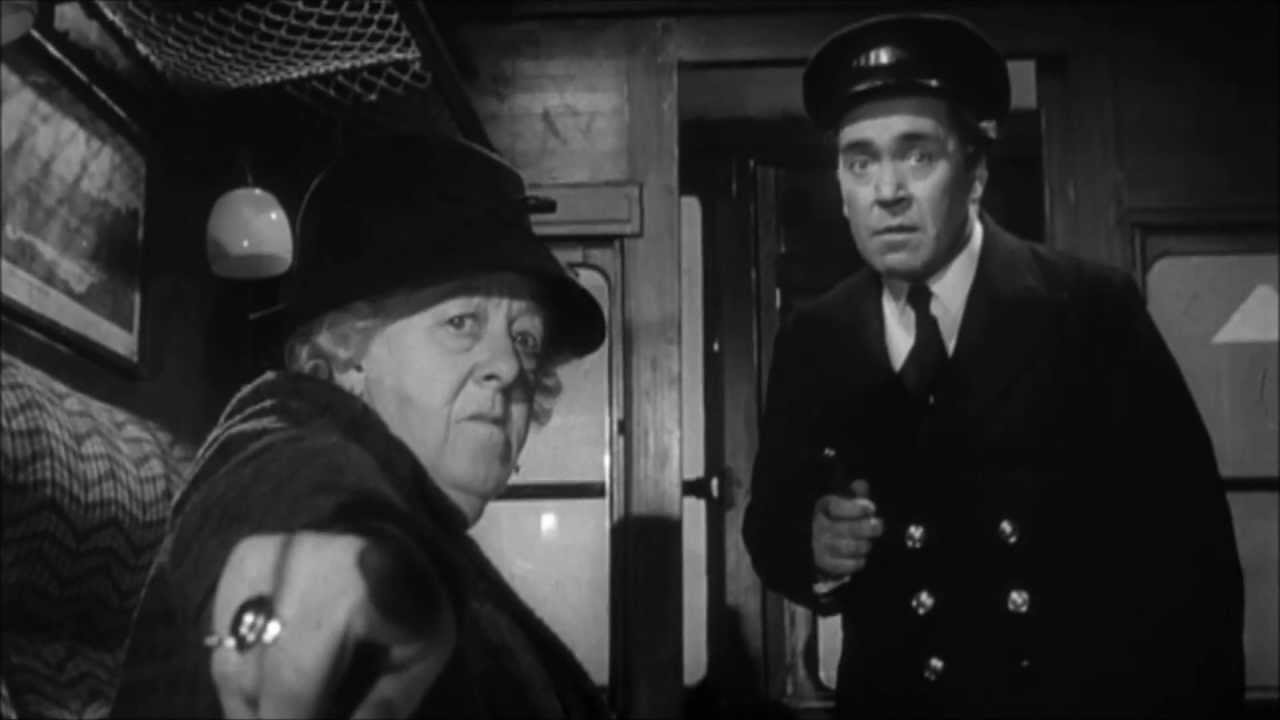
The Miss Marple movies starring Margaret Rutherford are by far, of all Agatha Christie adaptations, the ones that most disregard her original work and just do their own thing. It’s a double-edged sword: on one hand, fans of the novels will no doubt be disappointed at the characterizations and liberties taken with the story, but on the other, those willing to watch the films on their own terms will find fun, quick little comedies of manners disguised as thrillers.
Rutherford is a far cry from the elegance of Lansbury; her Marple is at times almost a buffoon, and this universe is so different that in these movies she even has a sidekick and eventually a husband named Mr Stringer. But again, once you look past those differences in tone, it’s possible to appreciate her performance for its own merits, of which there are many; she is consistently funny while never necessarily sacrificing the character’s intelligence.
All of the Rutherford movies follow a strict formula: somehow Miss Marple comes across a murder, infiltrates a place to better investigate the suspects, and eventually finds the murderer (and along the way the somebody tries to kill her). The first two, “Murder, She Said” and “Murder at the Gallop” are the best ones and are recommended especially for casual Christie fans looking for light entertainment instead of blistering suspense.